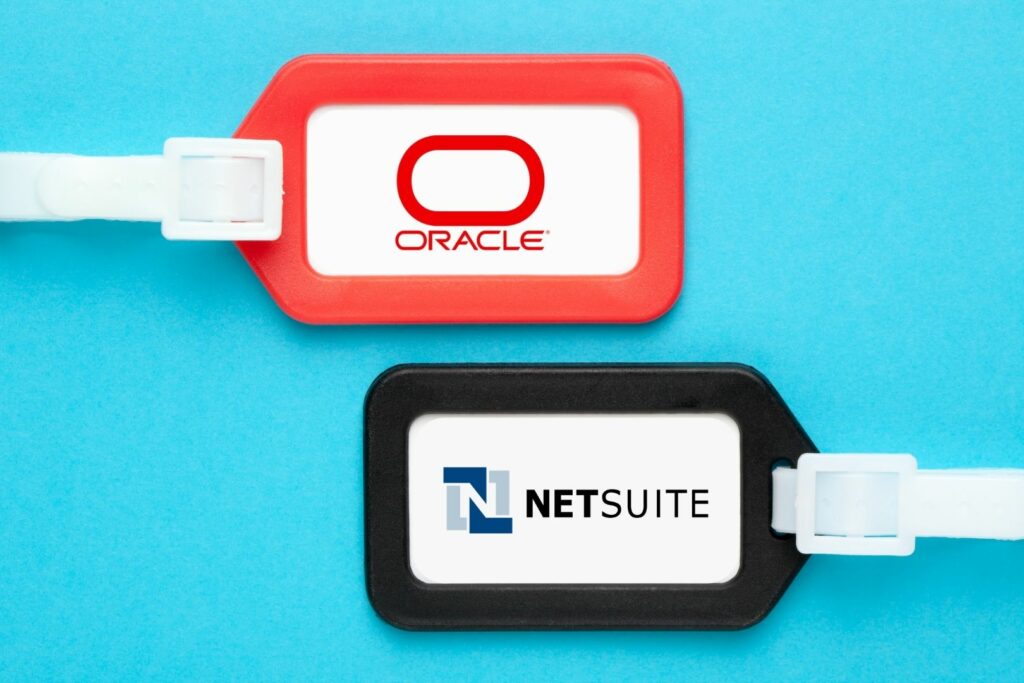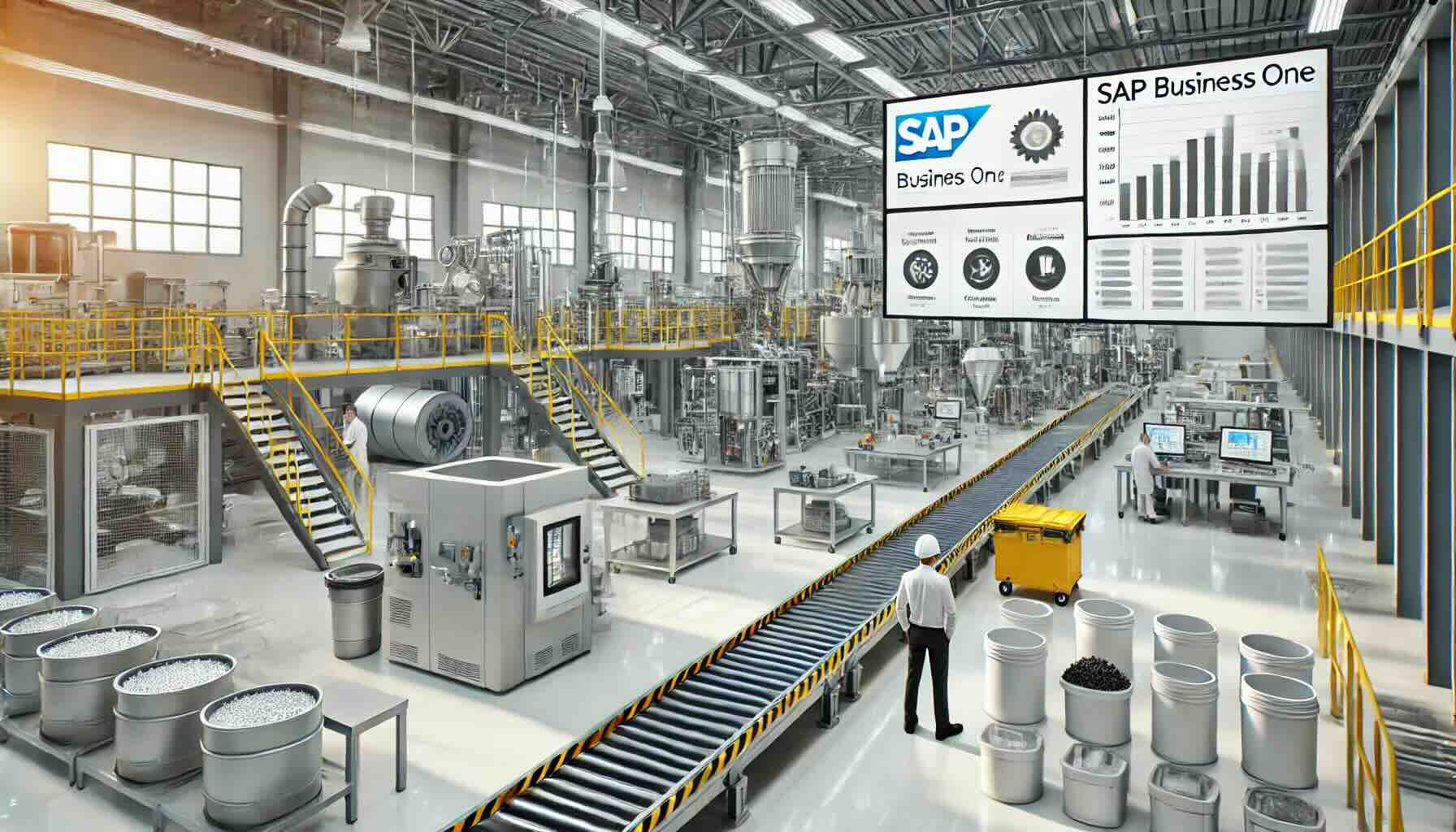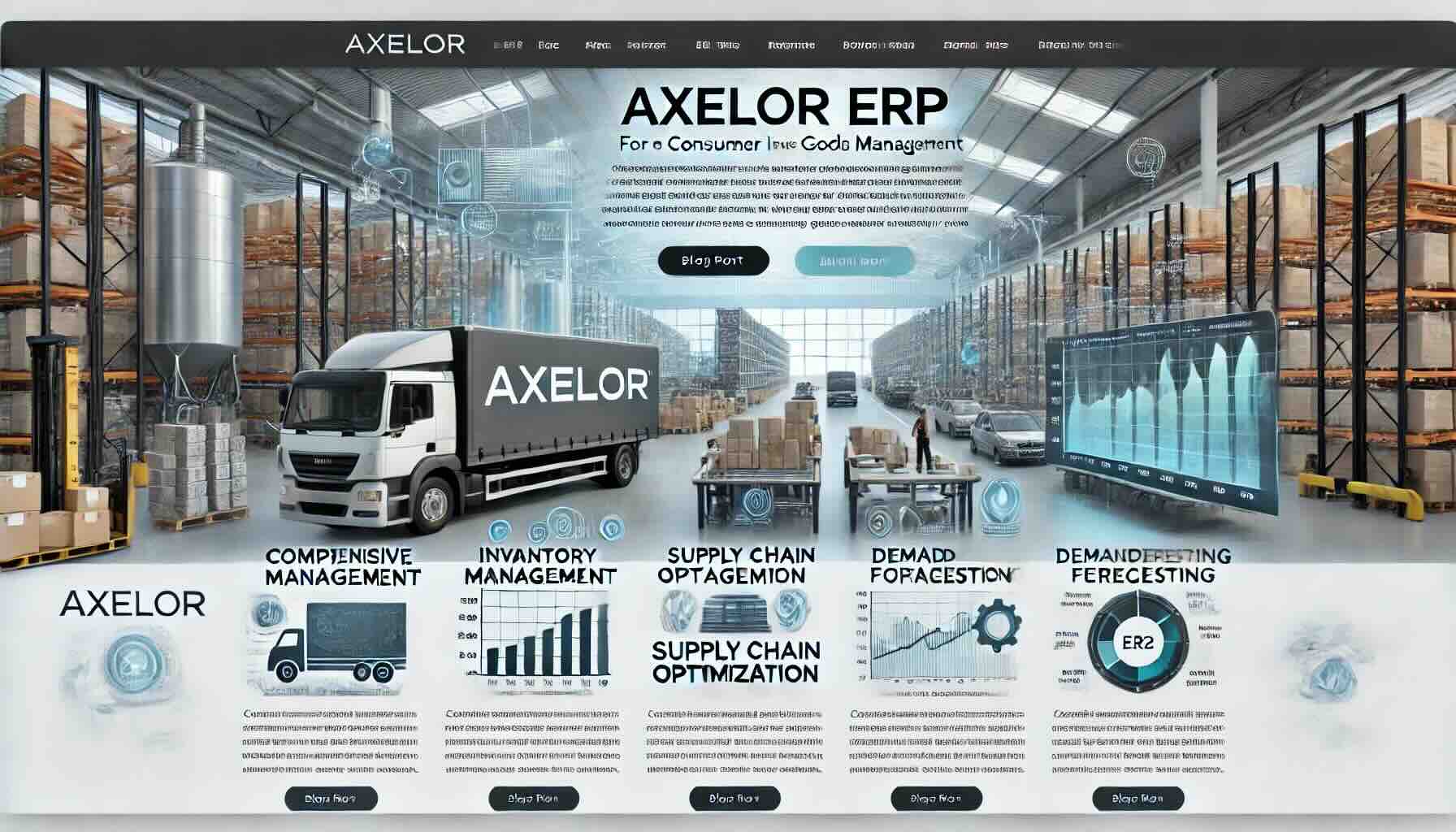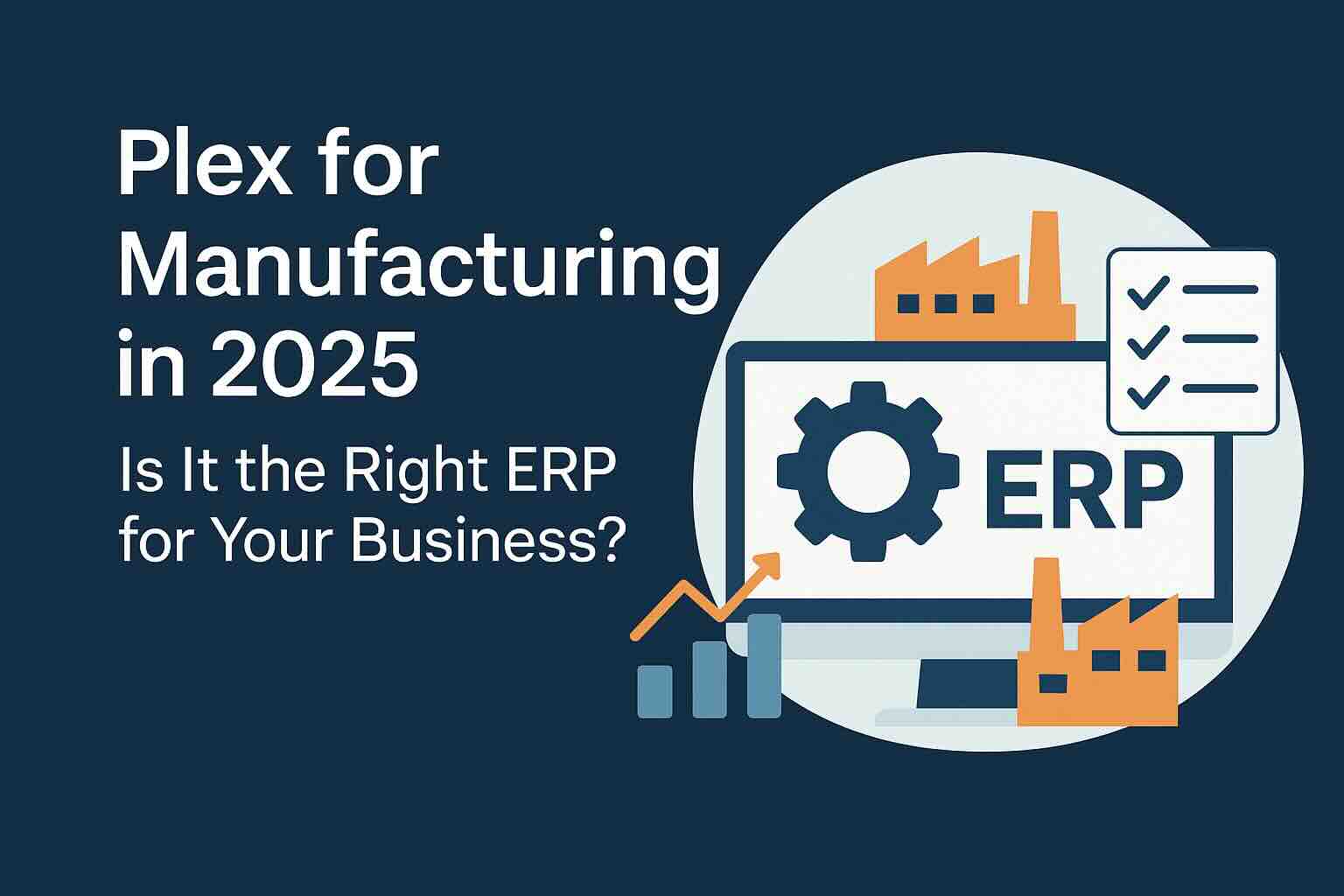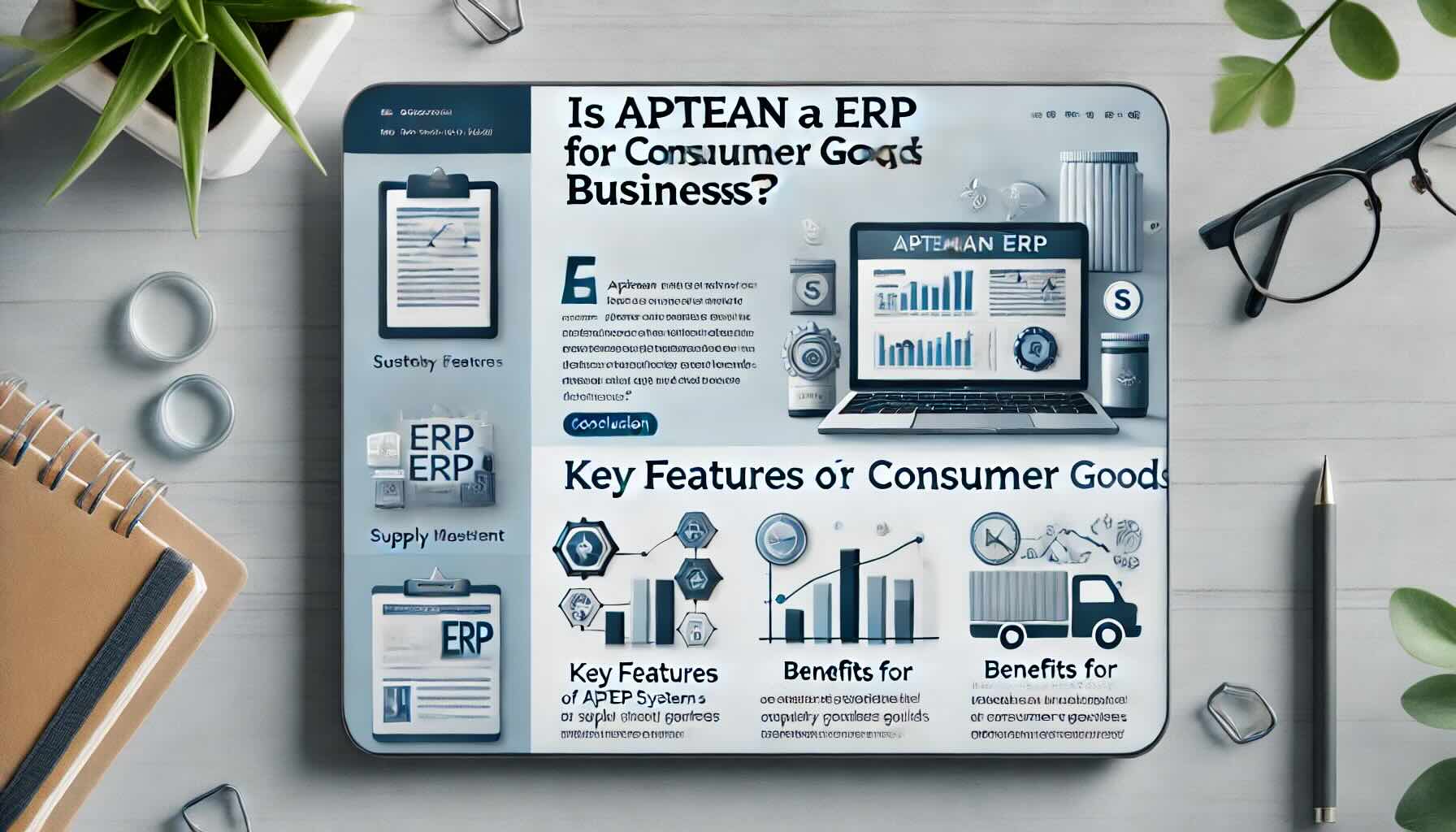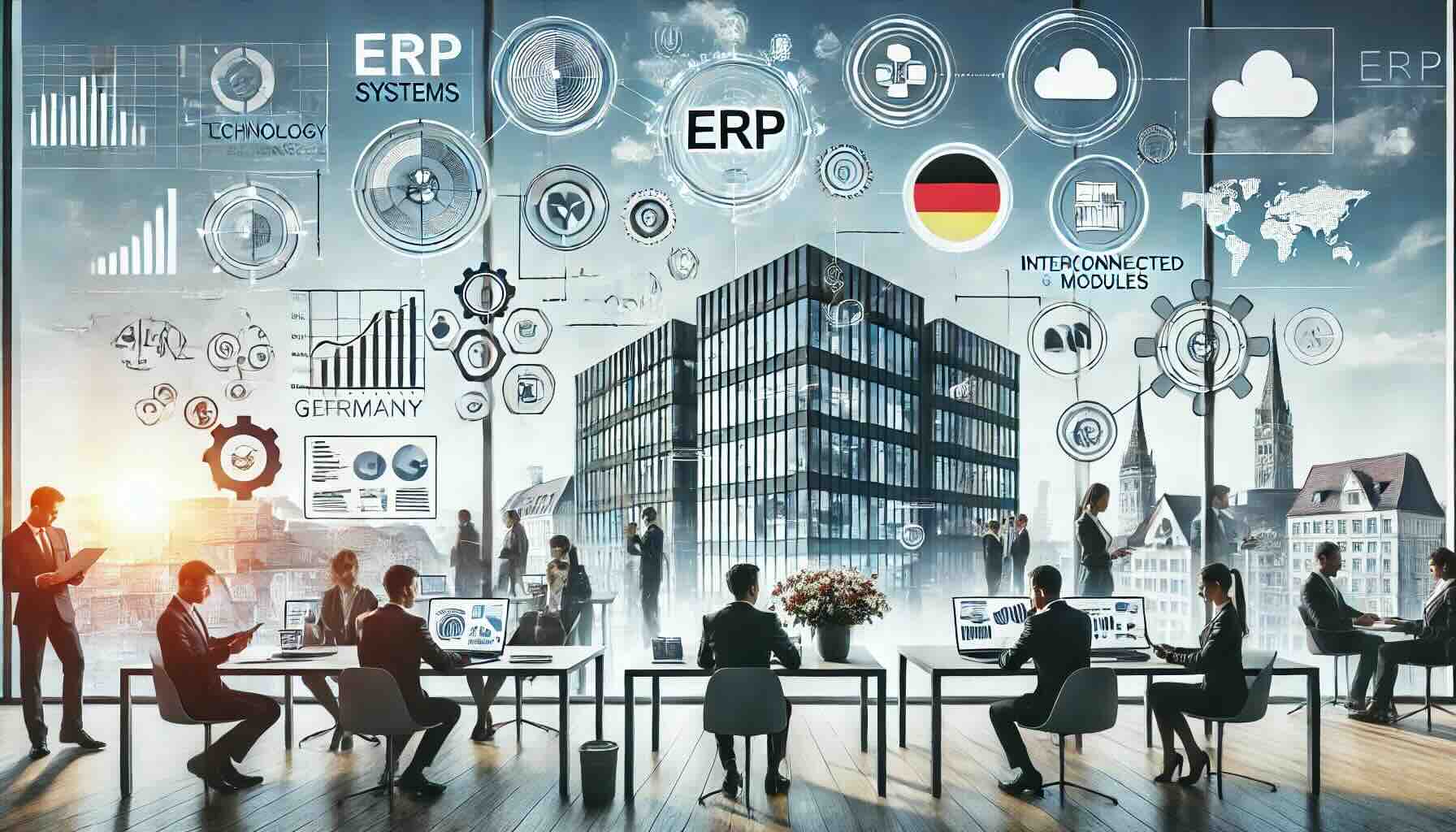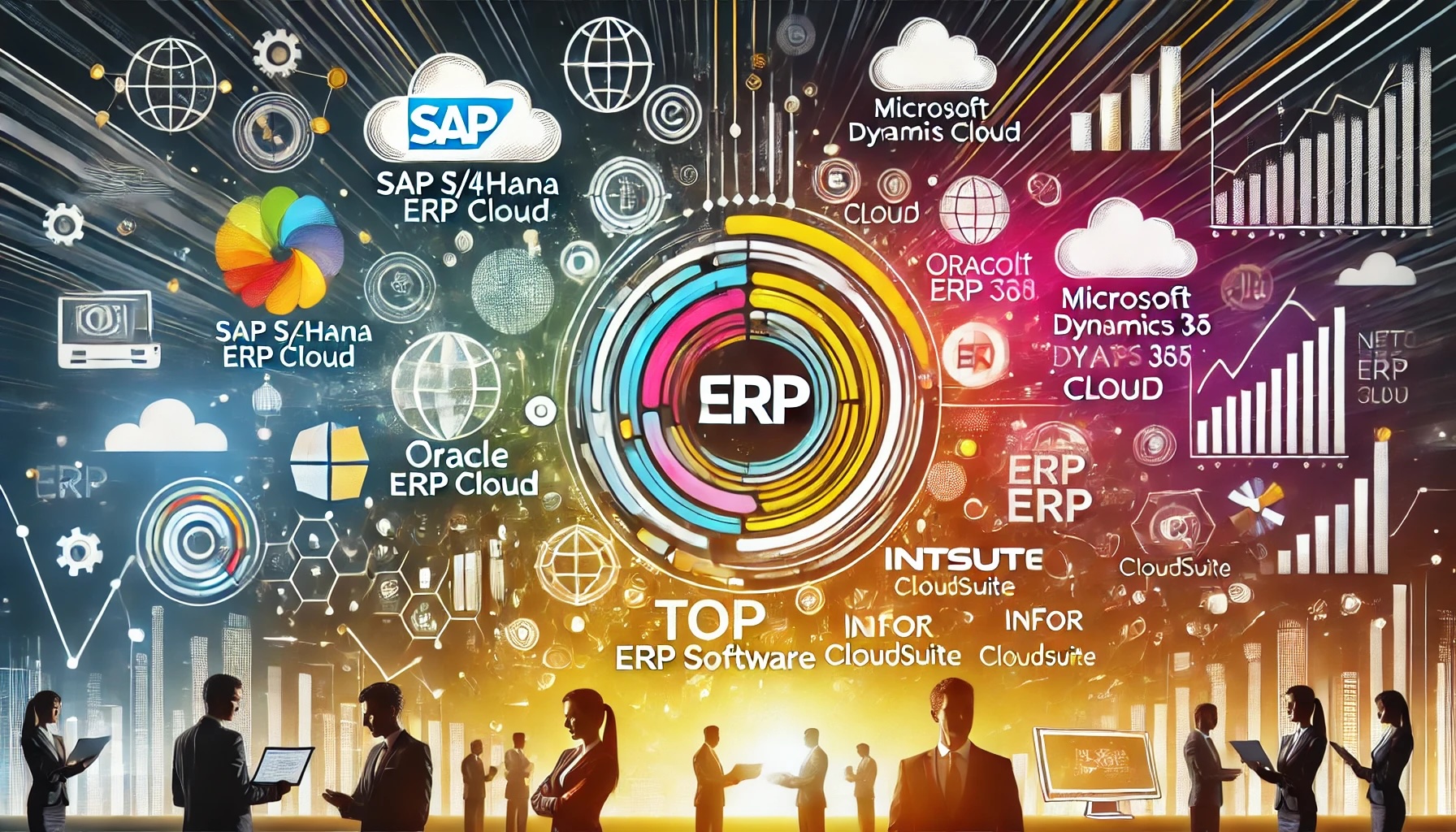Is Sage a Good Choice for Retail Businesses?
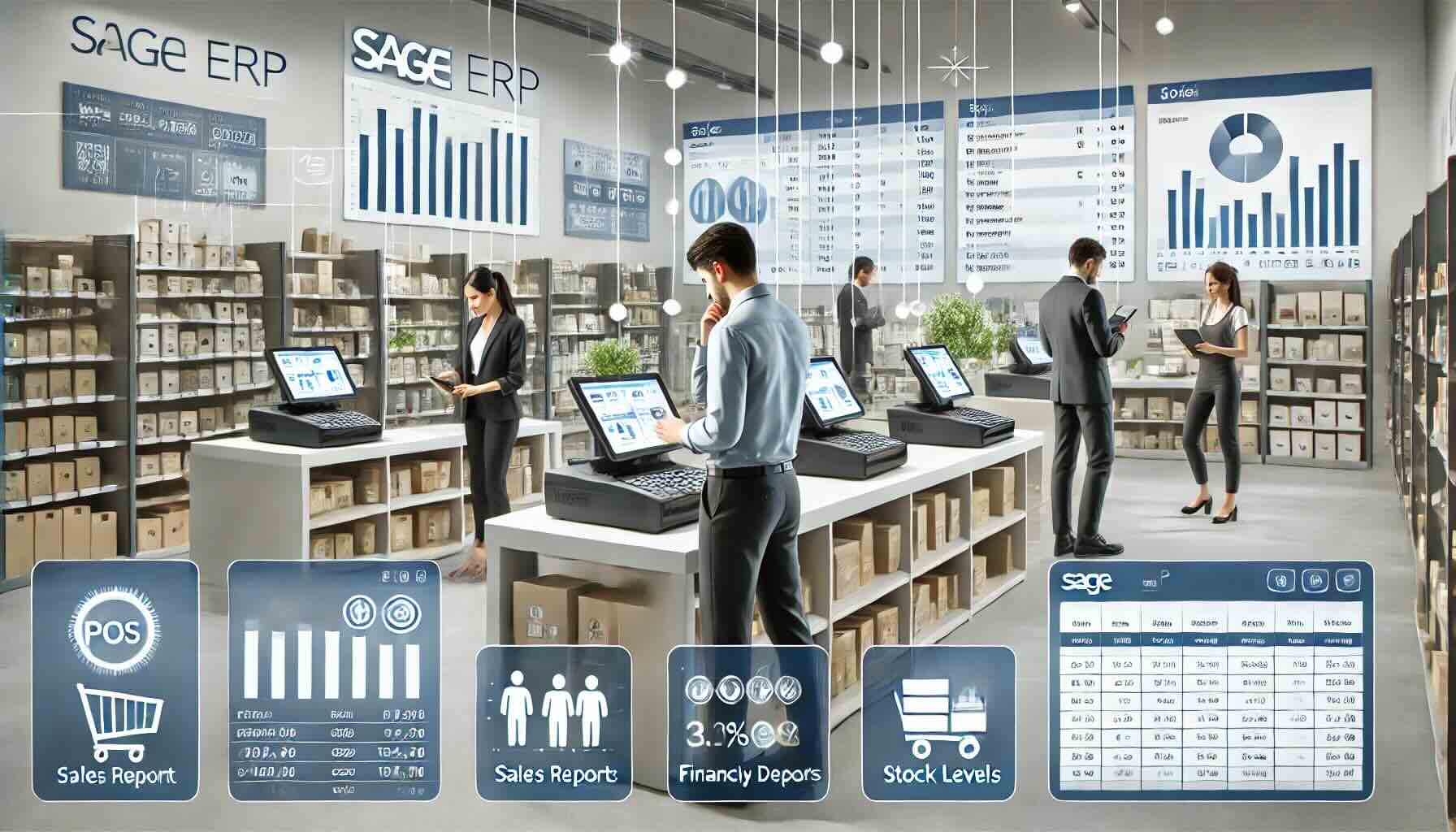
Retail businesses today operate in a fast-paced, highly competitive environment. To succeed, they need robust management systems that offer comprehensive functionality, streamline operations, and enhance efficiency. For many retail businesses, enterprise resource planning (ERP) software provides the backbone for achieving these goals. Among the myriad of ERP solutions available, Sage for retail stands out as a trusted option. But is Sage the right choice for your retail business? In this article, we will explore Sage’s capabilities, benefits, and whether it fits the needs of retail businesses in 2024 and beyond.
What Is Sage?
Sage is a global provider of ERP software solutions that cater to businesses of all sizes, from small retailers to large enterprises. Known for its flexibility, scalability, and broad range of features, Sage ERP software offers solutions that help manage various business functions such as accounting, inventory, payroll, and customer relationship management (CRM). With a variety of products, including Sage 50cloud, Sage 100cloud, and Sage X3, Sage aims to deliver tailored solutions for industries like manufacturing, distribution, and retail.
Key Features of Sage for Retail Businesses
Retail businesses have unique needs that differ from other industries. Managing inventory across multiple locations, processing sales, maintaining real-time financial data, and offering a seamless customer experience are essential. Here’s how Sage can meet these needs:
1. Inventory Management
Efficient inventory management is crucial for retail businesses, especially those with multiple stores or online platforms. Sage provides real-time inventory tracking, which helps avoid overstocking or understocking, ensuring that retailers always have the right products available at the right time.
- Automatic Reordering: Sage allows businesses to set reorder points, helping them automatically generate purchase orders when inventory reaches a predefined threshold.
- Multi-Location Tracking: Whether you have multiple storefronts or warehouses, Sage offers a centralized view of inventory across all locations, providing accurate stock levels and helping prevent discrepancies.
2. Sales and Point of Sale (POS) Integration
A retail business thrives on seamless sales processing. Sage integrates with various POS systems to streamline sales transactions across different channels—online and offline. This feature is essential for ensuring that sales data is instantly updated in your back-end system, allowing for accurate reporting and financial management.
- Sales Reporting: Sage provides detailed sales analysis, helping retailers identify top-selling products, sales trends, and customer purchasing patterns. This data can guide future business decisions and marketing strategies.
- Customer Loyalty: Sage integrates customer data with sales, allowing retailers to track customer loyalty and create targeted marketing campaigns based on purchase history.
3. Financial Management
One of the core benefits of Sage ERP is its robust accounting and financial management features. For retail businesses, having accurate and real-time financial data is key to making informed decisions.
- Automated Accounting: Sage helps automate tasks such as invoicing, payroll, and financial reporting. This ensures accuracy while saving time on manual data entry.
- Compliance and Tax Management: Sage keeps track of tax regulations and compliance issues, which can be complex for retail businesses operating in multiple regions or countries. With integrated tax management, Sage makes it easier to comply with local tax laws.
4. Customer Relationship Management (CRM)
Retail businesses thrive on good customer relationships. Sage’s CRM module helps businesses maintain a 360-degree view of their customers by tracking sales, interactions, and purchasing behavior. With this information, retailers can offer personalized experiences and improve customer satisfaction.
- Customer Segmentation: Sage CRM enables retailers to segment their customer base and create customized marketing campaigns, ensuring that promotions are relevant and targeted to the right audience.
- Omnichannel Engagement: Retailers using Sage can engage customers through multiple channels, including social media, email, and in-store interactions, all from a single platform.
5. Scalability
As retail businesses grow, their operational needs become more complex. Sage is designed to scale with your business, offering additional modules and features as required. Whether you’re running a single store or a chain of locations, Sage’s cloud-based solutions ensure that your system can grow alongside your business.
- Modular Solutions: Sage allows businesses to start with essential features and add more as their needs evolve. For example, you might begin with accounting and inventory management, then add CRM or advanced analytics as your business expands.
Benefits of Using Sage for Retail
Streamlined Operations: By consolidating multiple business processes—such as sales, inventory, and financial management—into one system, Sage eliminates the need for disparate tools, resulting in more streamlined operations. This leads to better coordination between departments and faster decision-making.
Real-Time Data: Real-time data is essential for making informed business decisions. Sage provides real-time financial and operational data, allowing retailers to make proactive decisions, manage inventory levels accurately, and react swiftly to market changes.
Improved Customer Experience: Sage enables businesses to enhance their customer service by integrating CRM, sales, and inventory data. This unified view of customer information helps retailers personalize experiences, track preferences, and offer timely promotions.
Cost Efficiency: Sage helps reduce operational costs by automating manual tasks like inventory reordering and accounting. This increased efficiency translates into reduced labor costs and minimized errors, ultimately improving the bottom line.
Customizable Reporting: Retailers often need specific reports to evaluate performance, track profitability, and manage cash flow. Sage provides customizable reporting tools, allowing businesses to generate detailed reports tailored to their unique needs.
Is Sage the Right Choice for Your Retail Business?
The answer to this question depends on your specific business needs. Sage is an excellent choice for retail businesses looking for an all-in-one ERP solution that can handle accounting, inventory management, CRM, and sales tracking in one platform. It’s particularly beneficial for businesses that are scaling or those that manage multiple locations.
However, for smaller retail operations or startups with limited inventory or simple financial needs, the cost and complexity of implementing Sage might not justify the investment. In such cases, a lighter ERP solution or retail-specific software might be more appropriate.
Sage’s cloud-based offerings also require a solid internet infrastructure, which may be a consideration for retailers in areas with connectivity issues.
Conclusion
Sage offers a comprehensive, scalable solution for retail businesses that need advanced features like inventory management, sales tracking, and financial reporting in one platform. Its real-time data, CRM integration, and POS compatibility make it an excellent tool for improving operational efficiency and customer experience. If you’re running a growing retail business and need a solution that can scale with you, Sage could be the perfect fit. However, it’s important to assess your business’s specific needs, budget, and growth plans before making a final decision. Click this link to find out more about Sage.
To compare Sage with 100s of other ERP solutions, you can use our new AI-powered Compare ERP tool. It’s free to use and you get a guaranteed discount on your first year’s licence fees with a referral from Compare ERP.
